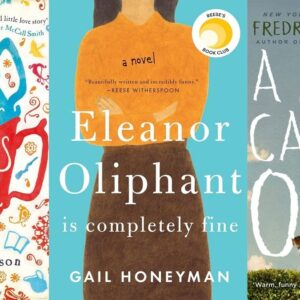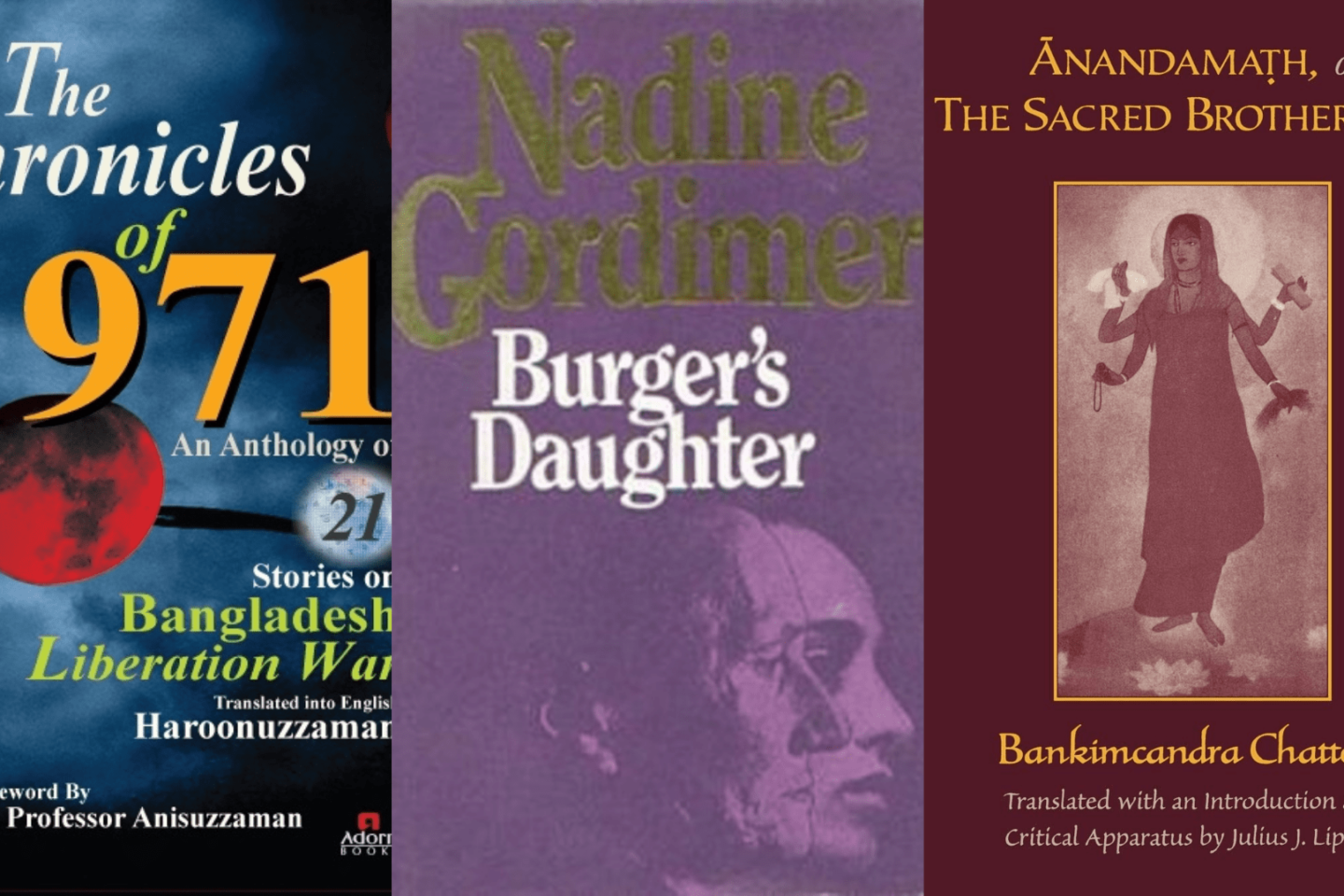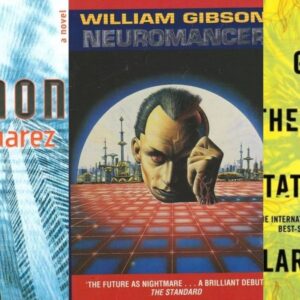The desire for independence seems to unite cultures around the globe. And as Bangladesh Independence Day is approaching, which is on 26th March. And Bangladesh will be celebrating 61 years of its freedom. On this occasion, WhatsOn editors have gatherd here are some of the top books that you can read to feel the pain of the national struggles. And also know about the relief on their independence. Trisha Sengupta writes.
‘Anandamath’ by Bankim Chandra Chattopadhyay***
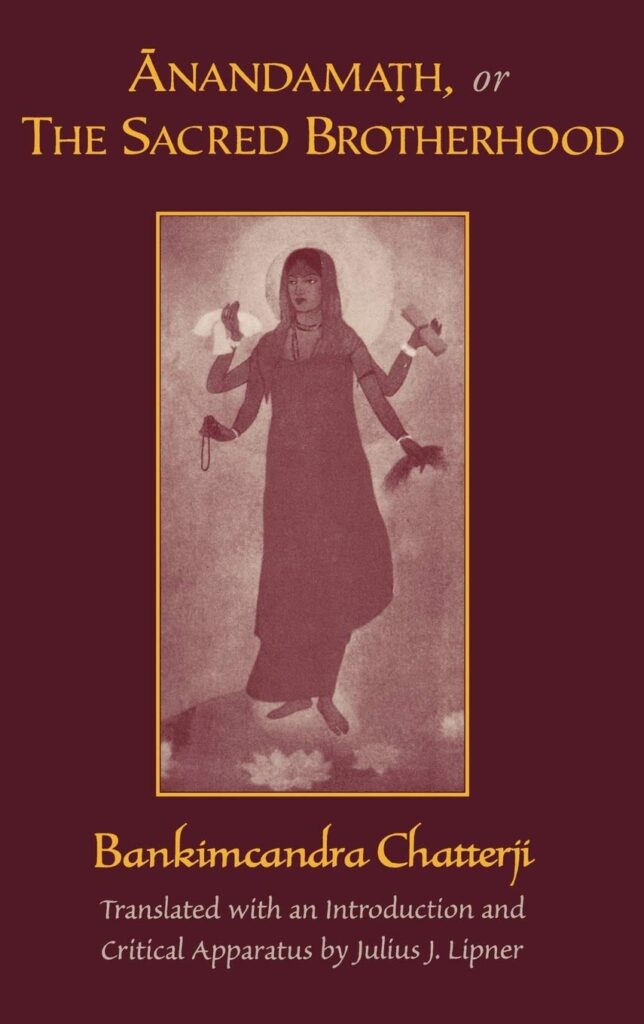
This book is classic literature in the canons of Indian literature which sparked the fire of imagination of the nationalist ideology. And became a scared treatise of freedom struggle. Set against the backdrop of the Sanyasi Rebellion in the 18th century. It is among the influential and important novels of Indian and Bengali literature. It was censored by the British government, which was only lifted after the independence.
‘The Chronicles of 1971′ by Haroonuzzaman**
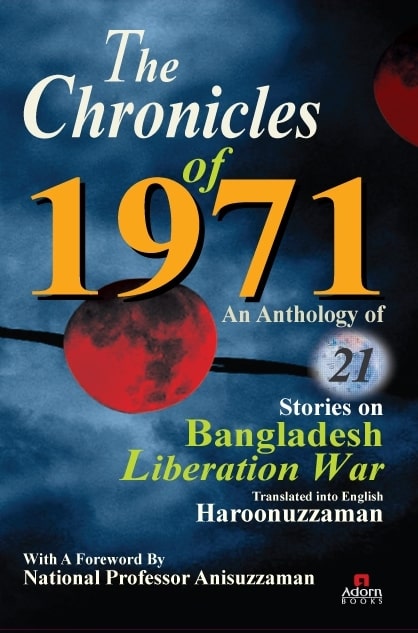
Amid the interplay of nostalgia and amnesia, the book The Chronicles of 1971: An Anthropology of 21 Short stories on the Bangladesh Liberation war contains 21 short stories on the Bangladesh Liberation war. This serves as a testimonial account of the specters of suffering that encompasses the narratives of victory and loss. In remembering 1971, a complex picture of a violent time reappears in the stories of the book where the wounds of the liberation War continue. Before the nation embarks on the pavement of the way forward for newer potential and possibilities, it should pause and look back at its wounded past to reinvent itself.
‘Burger’s Daughter’ by Nadine Gordimer***
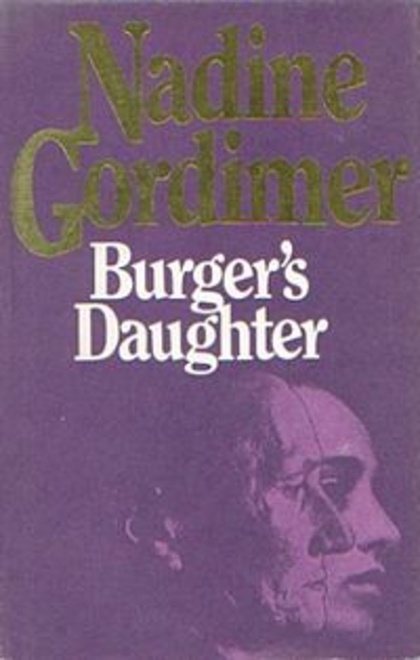
Set in the mid-1970s, Gordimer’s novel follows Rosa, a white Afrikaner whose parents are anti-apartheid activists in South Africa. Rosa’s parents are imprisoned for wanting to overthrow the South African government. After they die there, Rosa is left to deal with their legacy. Gordimer’s book, which was banned in South Africa, asks some difficult questions about the fractured struggle for independence and how a multiracial society could come together after Apartheid fell.

